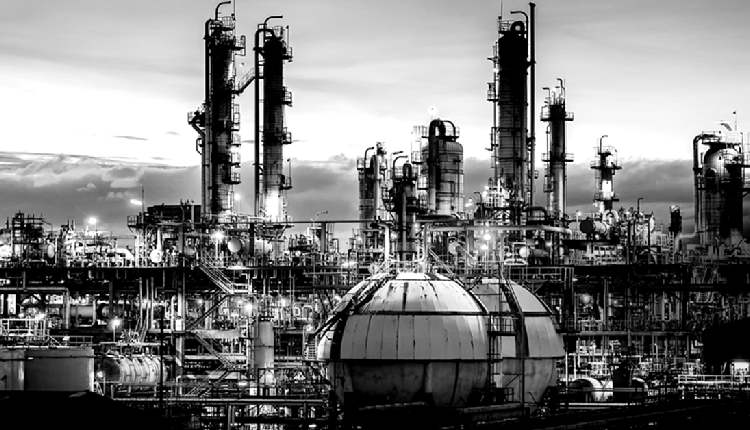Energy security is expected to dominate international executives and government officials gathering in India, as the country manages the effects of Red Sea unrest, increased sanctions against Russia, and an impending general election, Bloomberg reported on Monday.
The event, which gets underway on Tuesday, is a chance to present Prime Minister Narendra Modi’s achievements with renewable energy and, for the domestic audience, to draw attention to current initiatives to control power prices. It will also be an opportunity to advance other goals, specifically clearing trade obstacles with Russia that have led to a decline in discounted oil flows.
The composition of Russia’s delegation has not been disclosed, but Igor Sechin, the chief executive of Rosneft Oil Co. PJSC, is reportedly expected to attend, according to Indian media.
President Leonid Mikhelson of Novatek PJSC and other prominent Russians were among the large delegation that visited last year, including Sechin.
Oil imports from Russia were quite minimal before its conflict with Ukraine which started in 2022, but they dramatically increased in the first half of this year as India took advantage of a cheap barrel supply. Russia surpassed conventional suppliers such as Saudi Arabia and Iraq.
However, as the US steps up enforcement of a $60 per barrel price cap on Russian oil, volumes have decreased recently, partly due to payment and other obstacles. Tighter restrictions on middlemen supporting trade and state shipping company Sovcomflot PJSC have also resulted in demands for documentation.
According to data from market research firm Kpler, Russia’s percentage of India’s oil imports in January has decreased to 31 per cent, with supplies averaging 1.5 million barrels per day. It’s less than the 43 per cent from June of last year.
Currently, several tankers carrying Sokol crude from the Russian Far East to India are idling off Singapore, most likely awaiting orders regarding their next course of action. Over 4 million barrels of oil are thought to be carried by the ships. It’s unclear if two more Sokol-laden vessels will make it to their intended destinations, but tanker-tracking data indicates they are still travelling towards India.
According to Kpler, Indian refiners, who purchased 140,000 barrels of Sokol on average per day in 2023, have not received any grade shipments since December. This is partly due to uncertainties surrounding Sakhalin-1 LLC’s ownership structure, which is responsible for extracting the oil.
With an election coming up in a few months and a tighter global supply that has given import-dependent nations less negotiating power than it did a year ago, India is facing difficult circumstances at the moment. These include the increased scrutiny of the Russian flows. Additionally, India must strike a balance between its need for the cheaper oil and its desire to keep its relations with Saudi Arabia and Iraq intact.
Compounding the problem, refiners’ access to arbitrage opportunities has been hampered by sharply rising freight rates brought on by a widespread rerouting of vessels away from the Red Sea following Houthi attacks. In addition to Sokol, the Red Sea and Suez Canal are the usual routes taken by ships to reach South Asia, hence supplies of Russia’s flagship Urals variety to India are also at risk.
The subject of payments and a medium of exchange that both sides can agree upon will probably come up in discussions between Indian and Russian executives. The number of oil payments made by India to Russia in yuan, which is favoured by Moscow, reached 5 per cent in October, the highest since the Chinese currency started to be used in August.
However, almost half of the payments are still made in dollars. Payments in rupees, which Russia has so far opposed but which India supports, might also be discussed.
It’s possible that talks will also cover logistics, including new banks and intermediaries. According to traders, many of them had previously been based in Dubai. However, the United Arab Emirates is under pressure to stop using the dirham as a medium of exchange for restricted oil and to repair its reputation as such.


